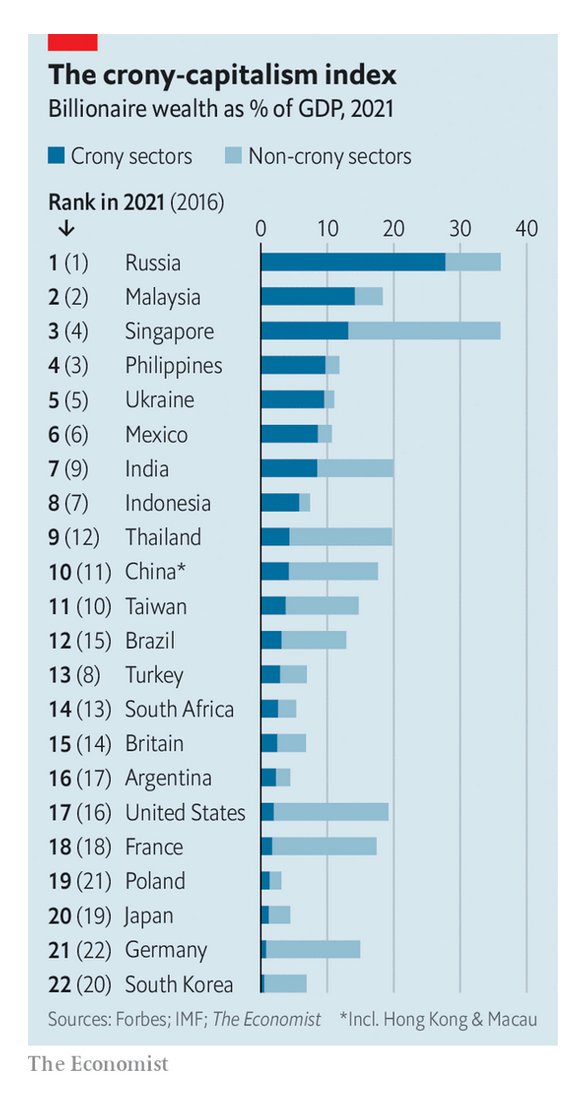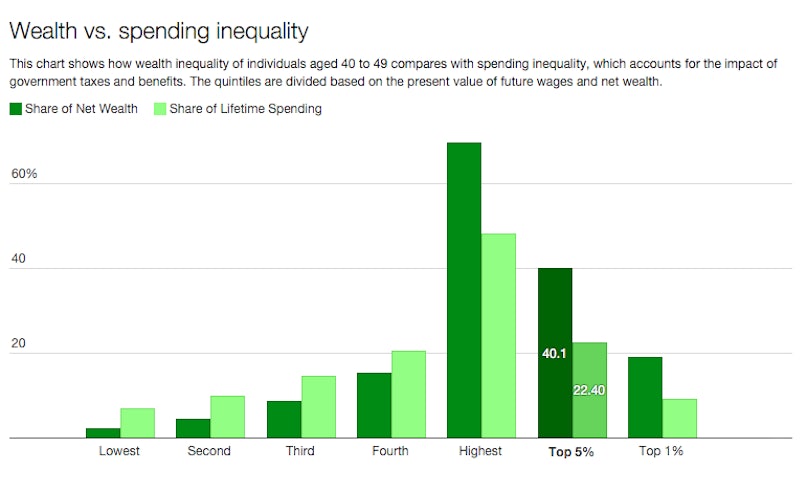One way to know if an organization has market power is to see how they respond to entry. LIV Golf is a well funded alternative to the PGA tour. But the clearest sign of the PGA's market power is not on monopoly output markets. Golf broadcasts compete with many other sports broadcasts for the marginal viewer. It is on monopsony input markets. Since there had been very few alternatives for pro golfers, the prize money from PGA tournaments was less than the value that the golfer talent brought to the organization. Total PGA tournament prize money has been hovering around $350 million per year. LIV has been able to siphon off some star talent by offering $225 million in prize money this year and $405 million next year. The PGA is responding to this input competition by significantly raising its prize pools across multiple tournaments next year. It is also trying to raise its rival's costs by raising the stakes for golfers who work for its competitor.
Friday, July 29, 2022
Wednesday, July 27, 2022
Should the Federal Govt "spread" its cloud computing contracts around?
Amazon dominates the cloud-infrastructure industry with a 39% share of the 2021 global market ahead of Microsoft at No. 2 with a 21% share, according to research firm Gartner Inc. ...
Microsoft has grown frustrated about its lack of progress selling its Azure cloud services to the U.S. federal government with its rival’s Amazon Web Services continuing to win most of those contracts, said some of the people familiar with its efforts. ...
Microsoft Corp. is rallying other big name cloud-computing providers such as Alphabet Inc.’s Google and Oracle Corp. to press the U.S. government into spreading its spending on such services more widely, taking aim at Amazon.com Inc.’s dominance in such contracts.
So what would be the effects of this? Some middling economists have estimated that similar efforts by the Small Business Administration to "spread its spending around" (by "setting aside" auctions for small firms) raises prices by 15%.
The reason is simple, losing bidders set the price. If you limit the pool of available bidders, you make it easier for the winner to outbid the losing bidders, so price goes up in a procurement auction (where bidders compete to sell).
Monday, July 25, 2022
How the Big Mac Index ID's undervalued currencies
Read more about the Big Mac index in the article "Dollar-euro parity may be justified. But the yen looks cheap as chips." You can also download the data or read the methodology behind the Big Mac Index here.
Saturday, July 23, 2022
Measuring Cronyism
We have classified the main source of each billionaire’s wealth into crony and non-crony sectors. Our crony sectors include a host of industries that are vulnerable to rent-seeking because of their proximity to the state, such as banking, casinos, defence, extractive industries and construction. We have aggregated the data according to billionaires’ country of citizenship expressed as a share of its gdp.Russia’s crony economy sticks out like a blinged-up Muscovite in the Algarve. Some 70% of the 120 Russian billionaires, who together hold 80% of its billionaire wealth, fall within our crony-capitalist definition. Wealth equivalent to 28% of Russia’s gdp in 2021 came from crony sectors, up from 18% in 2016.
HT: MarginalRevolution.com
Wednesday, July 20, 2022
Is self-certification a thing?
Beginning in 2016, foreign graduates in science, technology, engineering and mathematics fields (STEM) were allowed to extend their stays in the US by an additional 24 months. To increase foreign demand, MBA programs have rushed to offer STEM degrees.
So who determines whether a program is STEM certified? Although the government defines what qualifies as STEM, it leaves it up to an individual school to determine whether and which of their programs qualify.
From Quality Digest:
Without the certification body, there’s no unbiased appraisal and no evidence that a thorough assessment has even been conducted by competent individuals.
Get rich slowly: start a STEM-accreditation body.
Thursday, July 14, 2022
Euro depreciates relative to the dollar
Is Nature Stronger than Nurture? (Steven Pinker, The Blank Slate)
Ted Talk by Steven Pinker on his 2003 book, Blank Slate
My Summary: Nature is surprisingly important, relative to nurture, according to studies of identical vs. fraternal twins separated at birth.
The world is getting much better with less inequality
Wednesday, July 13, 2022
How can we improve cash-grants to poor people?
Monday, July 11, 2022
Are PGA rules anticompetitive?
... requires players to request a release to play in tournaments that conflict with PGA Tour events [no such releases are granted for events in North America].The theory seems to be that these rules reduce competition by deterring entry, e.g., the Saudi-backed LIV tour. Under US law, plaintiffs would likely have to show that these rules tend to create or maintain a monopoly.
The growing power of HR departments
Telegraph’s Juliet Samuel on:
- Why CEO's are now more afraid of a call from HR than they are about losing money.
- Why HR departments are the last to return to the office.
Sunday, July 3, 2022
Economic Analysis of the Bezos vs. Biden spat
WSJ reports on a spat between world's richest man and world's most powerful one:
Amazon.com Inc. founder Jeff Bezos criticized President Biden for pressing gas-station companies to immediately lower their prices at the pump, accusing the president of “misdirection” or “a deep misunderstanding” of market forces that have driven up costs.
The White House replied:
“Oil prices have dropped by about $15 [a barrel] over the past month, but prices at the pump have barely come down. That’s not ‘basic market dynamics.’ It’s a market that is failing the American consumer,” White House press secretary Karine Jean-Pierre wrote on Twitter.
Lets bring some economic analysis into this war of words by asking the question, "Should President Biden set retail gasoline prices or should individual gas station owners set them?" To answer it, lets look at who has enough information to make a good decision, and the incentive to do so.
President Biden noticed that when the price of oil came down, gasoline prices did not fall by a similar amount. Although oil is an important cost factor for retail gasoline, there are many others: (i) the cost of the real estate (real estate prices have been climbing by 20%/year), (ii) wages (businesses face labor shortages, caused partially by generous government benefits, and businesses have had to raise wages to attract workers), and (iii) the cost of holding inventory, to name a few.
These costs vary from station to station, and it is unlikely that President Biden, or the economists who work for him, would know the right price for each station. A price too low and we have excess demand (lines and shortages). A price too high deters drivers from buying gas and driving (a voluntary wealth-creating transaction).
OK, so gas station owners have better information. But what about incentives? President Biden is criticizing high prices because he wants to appeal to voters. In contrast, gas station owners want to make money. Though they have an incentive to price high, gas stations also face competition from rivals. If they don't give consumers a better deal, consumers can go to a rival, or choose not to buy.
Blogging Disclosure: I have worked for the government as a regulator, and for the companies that they regulate.




:format(webp):no_upscale()/cdn.vox-cdn.com/uploads/chorus_asset/file/13743810/world_population_in_extreme_poverty_absolute.png)


